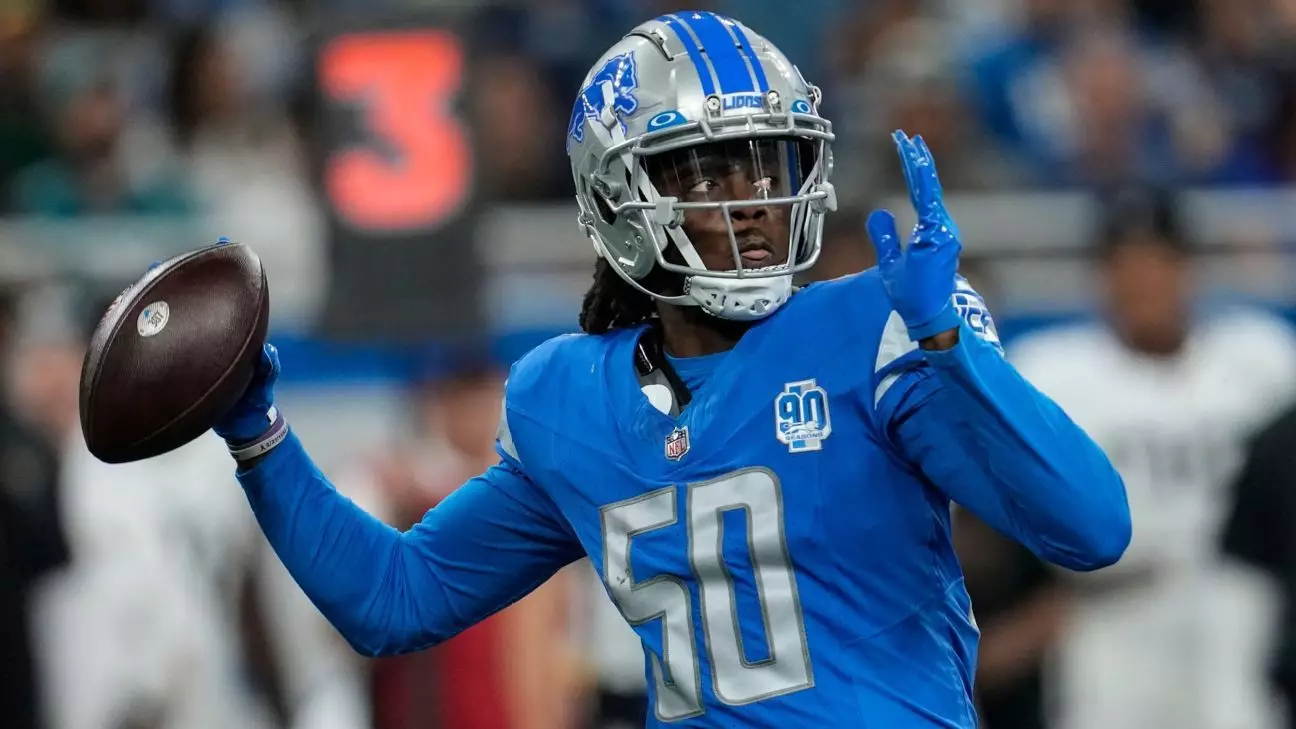In an era where youth and dynamic athleticism dominate the football field, the signing of aging quarterbacks like Teddy Bridgewater signals a complex industry grappling with its own contradictions. While many criticize this move as a temporary Band-Aid or an antiquated strategy, it also raises questions about the core values of fairness, mentorship, and the importance of experience. Bridgewater, at 32, is no longer in his prime, yet his journey through the NFL, coaching, and youth development sheds light on a broader narrative that challenges the typical perception of veteran players solely as on-field commodities.
The NFL’s obsession with superstars and flashy draft picks often eclipses the quiet, unwavering contributions of seasoned players. Bridgewater’s career may seem modest compared to the glamorized quarterback archetype, but his resilience and dedication reflect a different kind of strength. His career record—33 wins, 32 losses, over 15,000 passing yards—paints a picture of perseverance rather than dominance. Many critics overlook the intangible qualities he embodies: leadership, mentorship, and community engagement. These attributes can be undervalued in today’s high-stakes, results-driven league but are precisely what teams like Tampa Bay should reconsider.
Does Experience Truly Translate to Success in Modern Football?
Bridgewater’s recent career move—returning from retirement to serve as a backup—illustrates the evolving expectations for veteran players. The NFL has become increasingly specialized, with teams prioritizing explosive talent and quick adaptability. Yet, the value of experienced quarterbacks cannot be dismissed. Their mental acuity, game management skills, and ability to mentor younger players may be more critical than ever, especially for a team like the Buccaneers, navigating instability after losing their primary starters.
However, this move also exposes the NFL’s paradox: balancing the need for youthful burst with the wisdom that comes from years of adversity and learning. Bridgewater’s personal trajectory—a decade of professional football punctuated by brief flashes of brilliance and steady effort—embodies this tension. His history of coaching at Miami Northwestern and community involvement underscores that football transcends the field; it’s about shaping character and fostering resilience. Deploying him as a backup isn’t just about filling a roster spot but about integrating a veteran’s stability into the fabric of team culture.
Examining the Cultural and Ethical Dimensions of Football Leadership
The controversy surrounding Bridgewater’s suspension from coaching at Miami Northwestern complicates his narrative. The allegations of providing impermissible benefits and his subsequent acknowledgment reveal the nuanced realities faced by figures involved in youth sports and professional leagues alike. Critics may see this as a lapse in integrity, yet it also highlights the pressure and passion that drive many former players to give back to their communities—sometimes blurring ethical lines in the process.
This situation invites a reflection on the importance of character and authenticity in sports leadership. Bridgewater’s transparent handling of the issue, coupled with praise from teammates like Lavonte David, suggests that his intentions were rooted in love and devotion rather than malice or greed. His willingness to serve as a mentor and cultural bridge between generations is a testament to how athletes can influence society beyond the game. The NFL’s broader challenge is to foster environments where experience and character are valued equally, rather than solely focusing on athletic performance.
The Power of Experience in an Age of Instant Gratification
Ultimately, Teddy Bridgewater’s recent endeavors and potential signing with the Buccaneers shine a spotlight on the importance of patience and long-term vision in football. The obsession with immediate results often discounts the subtle yet profound influence veteran players have, both on and off the field. By integrating a seasoned quarterback into their roster, Tampa Bay could be making a calculated decision to bolster leadership and stability—a move that aligns with a center-wing liberal perspective emphasizing social cohesion and equitable opportunity.
His story is a reminder that success isn’t solely measured by stats but by the capacity to inspire, mentor, and contribute to a collective mission. Sometimes, the most valuable players are those whose experiences have prepared them to serve as anchors amid chaos, perspectives that are equally vital in societal conversations about youth, community, and integrity. Bridgewater’s journey underscores that embracing seasoned voices with integrity offers a richer, more nuanced approach to building resilient teams and communities in a rapidly shifting world.


Leave a Reply